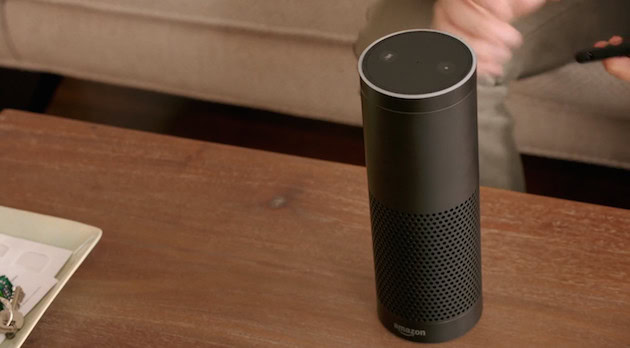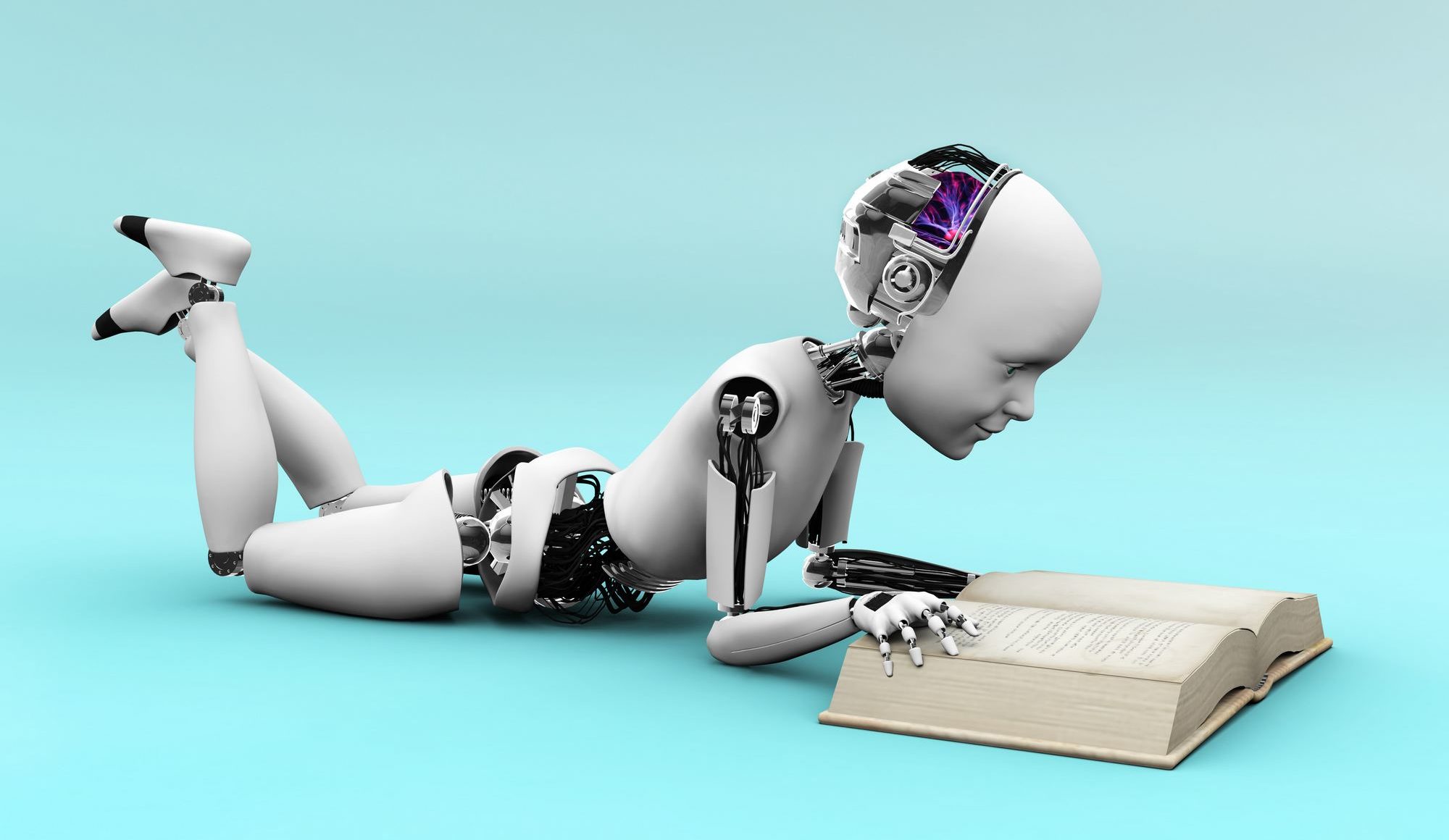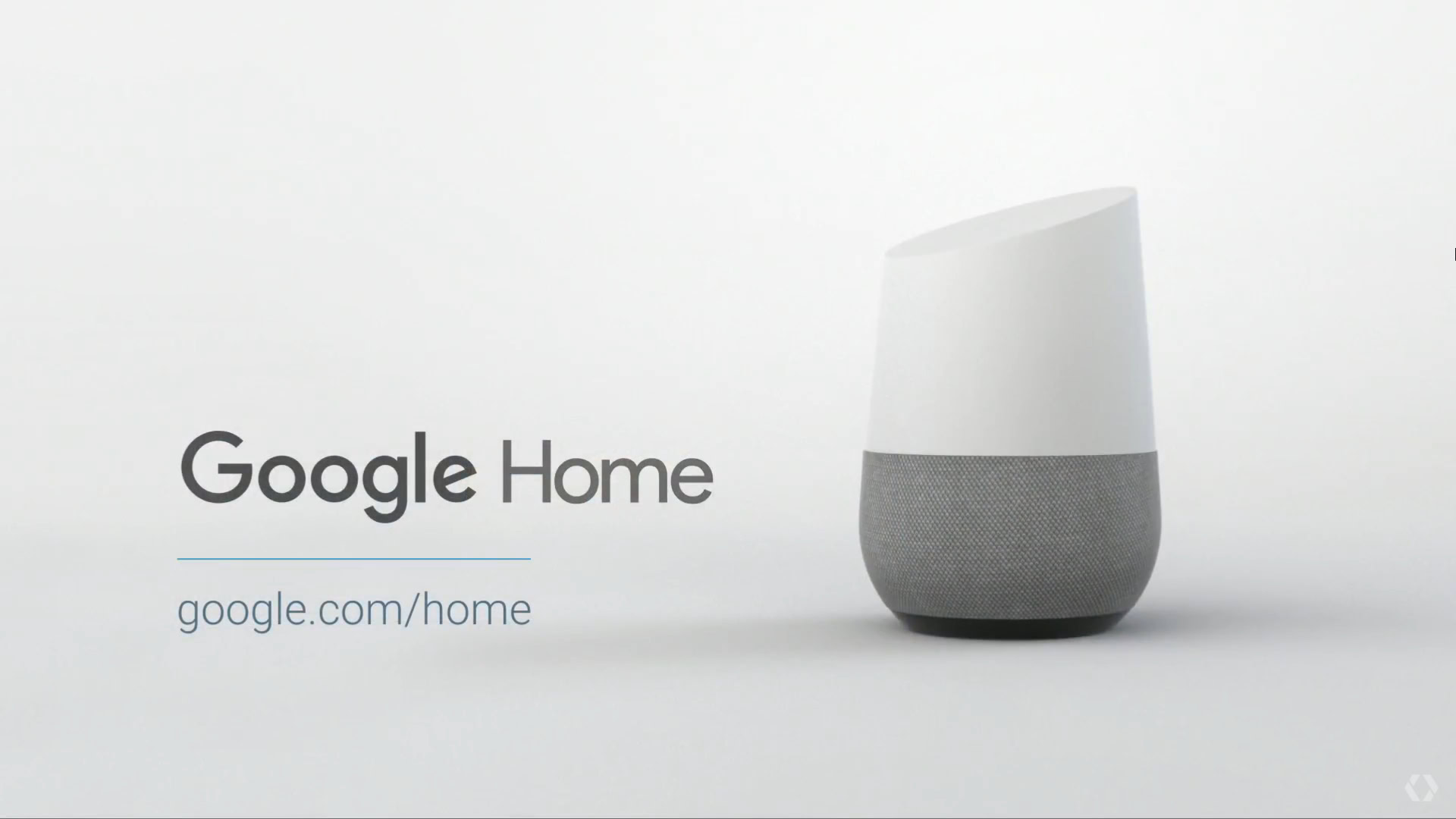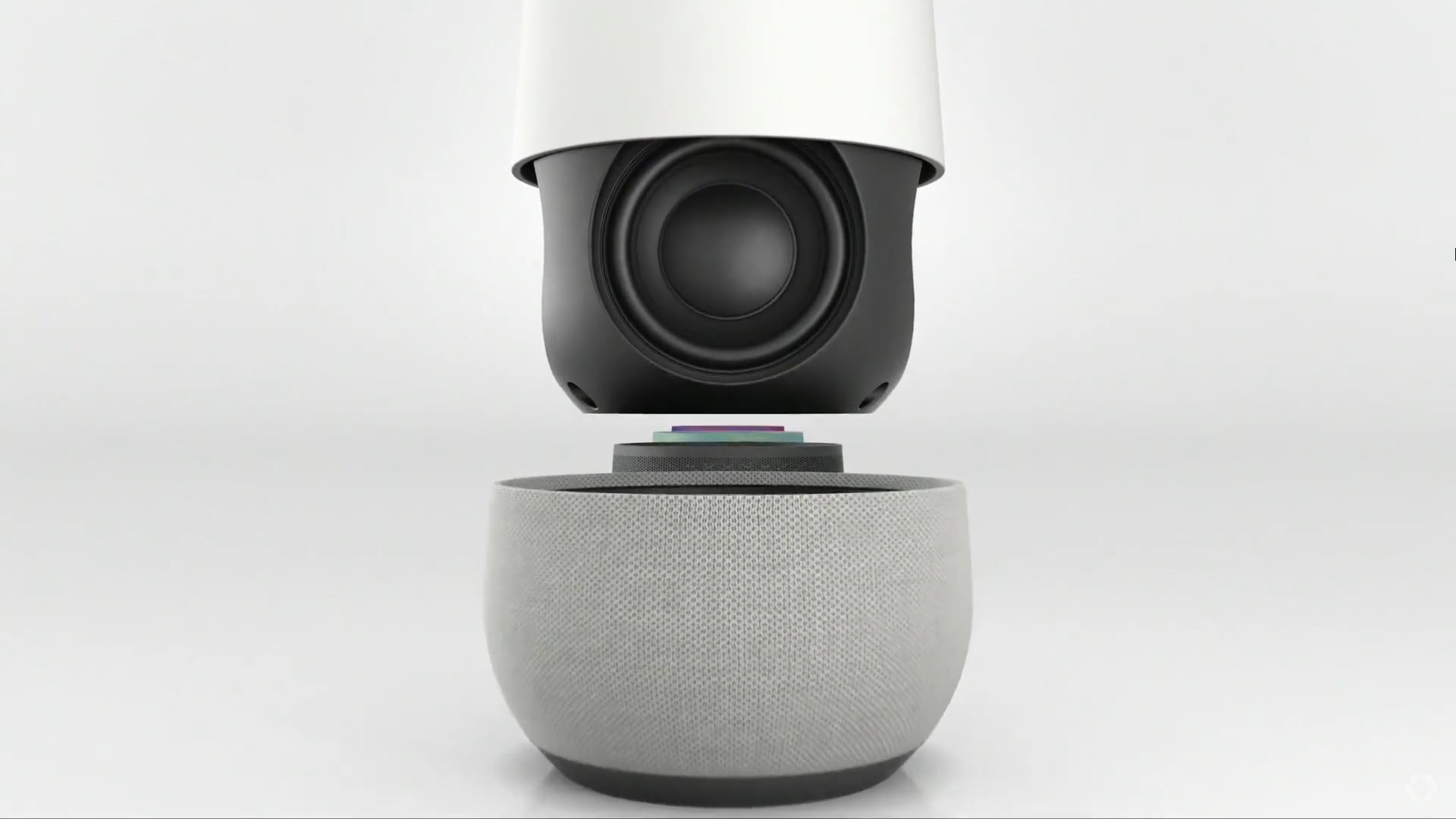Affiliate links on Android Authority may earn us a commission. Learn more.
Google snags Pixar story artist to give Google Home, OK Google personality
June 1, 2016

At Moogfest this weekend, Google revealed that they will be bringing aboard a story artist of Brave and Monsters University fame to help make their Google Home and Ok Google personal assistant less, well, boring. Emma Coats, whose list of the 22 rules of storytelling once went viral, will join the team working on the assistant to help build in personality, quirks, and, yes, even backstory. Coats will be working on this project with Ryan Germick, the head of Google Doodle.
One of the mistakes Google made with their personal assistant was making it so clean and intuitive. No, I’m serious. One thing the folks at Apple and Amazon have consistently been good at is making their products feel human. Steve Jobs understood very early on that people build relationships with their devices, whereas Google has always been about producing efficient, high quality tools. That’s why some Android users were a little miffed when iPhone users started showing off Siri. After all, they had had voice commands for some time, the function just didn’t have a human name.


Amazon was smart when they gave the assistant living inside their Echo a separate name. “Hey Echo,” makes you feel like you’re talking to the piece of hardware that you bought, but “Hey Alexa” is a different dynamic altogether. You can see immediately how “Ok Google” wasn’t exactly the most psychologically adept choice of commands because it’s hard to really build a casual relationship with the one of the largest companies in the world. This is one of the reasons why you won’t see Conan O’Brien joking about “Ok Google.” Since she has a name and a personality, Siri makes for more interesting banter.
Google is learning from their mistakes, however, and they’re throwing their weight into making their personal assistant one of the most human ones on the market. Coats and Germick will attempt to make the assistant more of a character than a tool. “”Because it’s out in the wild and people can say anything to it, we have to create the most well-rounded character that we ever have tried,” Coats says. “One of the things that we’re working on is how to make it relatable. How does the character think of itself in a way that you can relate to? What is its childhood?”

Coats also observes that one of the things that makes people friends is time spent together. Even two people who don’t initially like each other can eventually become close through shared experience. This is partially why we connect even with reprehensible fictional characters like Hannibal Lecter or Nicholas Cage. To get you to spend time with the assistant, Coats and Germick want to make it as entertaining as possible while still being quick and helpful. They even spoke about potentially giving the bot some vulnerabilities, which would allow users to help it, strengthening the bond between sapiens and software.


What are your thoughts regarding this humanification of Google’s personal assistant AI? While it might seem eerie to some, to us there doesn’t seem to be much of a difference between building a relatable AI and building a relatable character for a book. In both cases, humans experience a form of relationship with an entity that doesn’t really exist. But maybe we’re off-base on that one. Give us your opinion in the comments below!
Thank you for being part of our community. Read our Comment Policy before posting.